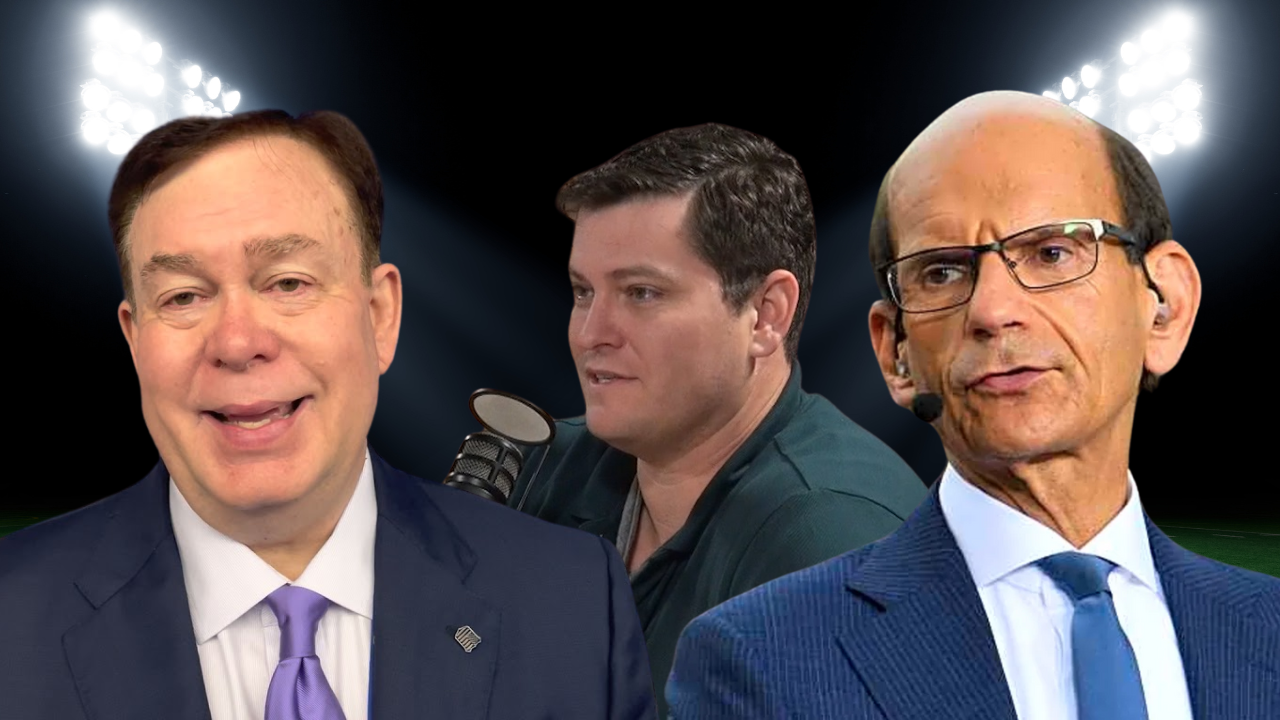Rethinking the Voices of College Football: The Case Against Finebaum, Barnhart, and Staples
The Decline of Integrity in College Football Media
The world of college football is one of deep tradition, passionate fan bases, and ever-evolving narratives. But as the sport has grown, so too has the influence of media personalities who claim to be experts. Names like Paul Finebaum, Tony Barnhart, and Andy Staples have become fixtures in the discourse around the game. Unfortunately, many fans are beginning to wake up to a hard truth: these pundits are no longer adding meaningful value to the sport, only shock-jock takes that add little merit to anything close to the reality of college athletics. Instead, they seem more invested in clicks, controversy, and caricature than in insightful or balanced commentary.
When Hot Takes Replace Honest Analysis
In today's fast-paced media environment, it’s not hard to understand why sensationalism dominates. Clickbait headlines, emotionally charged segments, and polarizing opinions drive engagement. But should that come at the expense of journalistic integrity?
Paul Finebaum, for example, has built a brand on provocation. His show thrives on instigating conflict between fan bases, making sweeping generalizations, and elevating the most controversial viewpoints, often with little regard for nuance or accuracy. Is that analysis, or just a performance?
Via USA Today
Tony Barnhart, once revered as “Mr. College Football,” increasingly seems like a relic of a bygone era who now relies more on name recognition than credible insight, boisterously parading his bias online for all to see, shamelessly. And Andy Staples, once respected for his long-form storytelling, now frequently pivots toward reactionary content and surface-level narratives to stay relevant in the ever-churning college football news cycle.
Are They Really Experts, or Just Entertainers?
Via Montgomery Advisor
One has to ask: Do these media figures truly understand the modern game, or are they simply good at sounding like they do? In an age when advanced analytics, NIL dynamics, and conference realignment demand deep understanding, much of what we hear from these voices feels outdated or deliberately exaggerated.
Take Finebaum’s recurring dismissals of teams or conferences outside the SEC. Or Barnhart’s unwillingness to challenge outdated coaching philosophies. Or Staples' increasingly off-base takes on player compensation and fan loyalty. It often feels like they’re trying to fit today’s complex game into a 1990s framework, all while pretending they’re still at the cutting edge. If you’re still not convinced, take a look at any preseason poll posted by Andy Staples - we’ll wait.
Integrity Matters in College Football Journalism
What happened to journalistic integrity? Journalism is supposed to be about truth, context, and holding power to account—not pandering to the loudest voices or stirring the pot for likes. Fans should be asking:
Are these pundits still reporting, or are they just reacting?
Do they prioritize truth, or do they prioritize traffic?
Are they making the game better, or simply noisier?
When media figures repeatedly prioritize engagement over accuracy, they undermine the credibility of the sport. They reduce nuanced debates into soundbites and contribute to the erosion of informed fan discourse.
Via ESPN
Better Alternatives Exist
Fortunately, college football fans no longer have to rely on a few centralized voices. With the rise of independent media, podcasts, newsletters, and X (formerly Twitter) analysts, there are now smarter, more thoughtful takes available—often from people who are closer to the game, the data, and the players.
Support analysts who break down tape. Follow reporters who travel to cover recruiting battles and program culture. Listen to voices who aren’t afraid to challenge the establishment and admit when they’re wrong.
Final Thoughts: Time to Raise the Standard
Paul Finebaum, Tony Barnhart, Andy Staples, and others like them may still have platforms, but that doesn’t mean they deserve your attention. As fans, we shape the media landscape with every click and every listen. It’s time to stop rewarding pundits who trade in lazy takes and start demanding content that reflects the depth and richness of college football.
The sport deserves better. And so do you.





